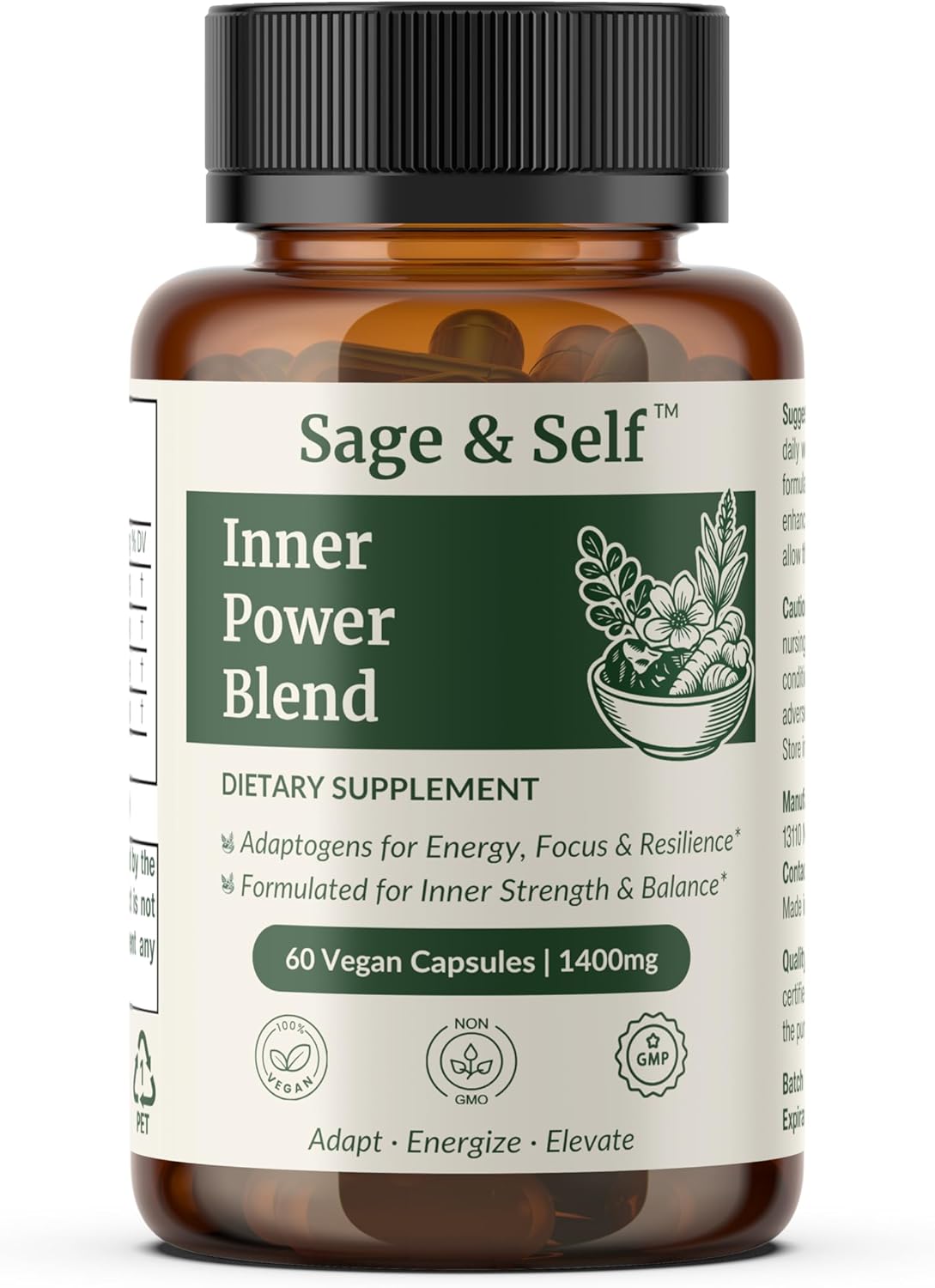Stress is a part of everyday life, affecting our mental and physical well-being. While modern medicine provides various treatments, herbs have been used for centuries for their natural healing properties. In this article, we’ll explore the power of herbs in managing stress and anxiety, providing you with effective and natural solutions to enhance your overall well-being.
Understanding Stress and Its Effects
Stress is your body’s response to external pressures. It can come from work, relationships, or even daily routines. Chronic stress can lead to a myriad of health issues, including:
- Anxiety and depression
- Sleep disturbances
- Heart disease
- Weakened immune system
- Digestive problems
Understanding your body’s reaction to stress is the first step toward effective management. Fortunately, nature provides a wealth of herbs to help combat these issues.
Top Herbs for Natural Stress Relief
1. Chamomile
Chamomile is best known for its calming effects. Often consumed as a tea, chamomile can help reduce anxiety and improve sleep quality. Its anti-inflammatory properties may also contribute to a more relaxed mind and body.
2. Lavender
Lavender is renowned for its soothing aroma, often used in essential oils and aromatherapy. Studies have shown that inhaling lavender can lower heart rates and improve mood, making it an excellent choice for stress relief.
3. Ashwagandha
Ashwagandha, an adaptogenic herb, helps your body adapt to stress. It has been shown to reduce cortisol levels, balancing stress responses and promoting a sense of calm. It’s often taken in capsule form or as a powder.
4. Valerian Root
Valerian root is a powerful herb that promotes relaxation. Frequently used as a sleep aid, it may shorten the time it takes to fall asleep and enhance sleep quality. This can be particularly beneficial for those whose stress leads to insomnia.
5. Peppermint
Peppermint is more than just a refreshing flavor. Its invigorating scent can help improve concentration and reduce feelings of anxiety. Peppermint tea or essential oil is an excellent way to incorporate this herb into your routine.
6. Passionflower
Passionflower is often used to treat anxiety and insomnia. It helps increase the level of gamma-aminobutyric acid (GABA) in the brain, promoting relaxation and reducing anxiety levels.
How to Incorporate Herbs into Your Life
Now that we’ve explored some of the most effective herbs for stress relief, let’s look at ways to incorporate them into your daily routine.
1. Herbal Teas
One of the easiest ways to enjoy the benefits of herbs is through herbal teas. You can find chamomile, peppermint, and passionflower in tea blends or create your own by mixing dried herbs. Sipping warm tea can evoke feelings of comfort and relaxation.
2. Essential Oils
Aromatherapy is a powerful way to utilize herbs for stress relief. Diffusing lavender or peppermint essential oil in your home can create a calming atmosphere. You can also apply diluted oils to pulse points for a soothing effect.
3. Supplements
For herbs like ashwagandha and valerian root, supplements in capsule or tincture form are widely available. Be sure to consult with a healthcare provider to find the right dosage for your needs.
4. Cooking and Baking
Many herbs can be directly used in cooking and baking. Adding fresh herbs like basil or thyme to meals not only enhances flavor but also provides health benefits. Creating infused oils or vinegars can also be a fun way to enjoy herbal properties.
5. Mindfulness and Meditation
Incorporating herbs with mindfulness practices can amplify their effects. Burning herbs like sage or using essential oils during meditation can help create a peaceful environment, promoting deeper relaxation.
Conclusion
Stress is an inevitable part of life, but it doesn’t have to control you. Harnessing the healing power of herbs can be a natural, effective way to manage stress and enhance your overall well-being. Whether through teas, oils, or supplements, integrating these herbs into your daily routine offers a holistic approach to stress relief. Remember to consult with healthcare professionals, especially if you have existing health conditions or are taking other medications.
Embrace the power of nature—your path to relaxation and rejuvenation awaits!
FAQs
1. Are herbal remedies safe for everyone?
While many herbs are safe for general use, some individuals may have allergies, or adverse reactions, or be on medications that interact with certain herbs. Always consult with a healthcare professional before starting any new herbal regimen.
2. How long does it take to see results from herbal remedies?
The timeframe for experiencing the benefits of herbs can vary based on the herb, the method of consumption, and individual body chemistry. Some may notice immediate effects, while others may require consistent use over weeks or months.
3. Can I combine different herbs for stress relief?
Yes, many people find success in combining various herbs. For example, chamomile and lavender can be blended into a relaxing tea. However, ensure that the combination is safe and doesn’t cause interactions.
4. Is it okay to use herbs during pregnancy or breastfeeding?
Some herbs may not be safe during pregnancy or breastfeeding. It’s crucial to consult with a healthcare provider to determine which herbs are safe for your situation.
5. Can I grow these herbs at home?
Absolutely! Many stress-relieving herbs can be easily grown at home, whether in a garden or pots. Fresh herbs can be a delightful addition to your meals, as well as provide therapeutic benefits.





